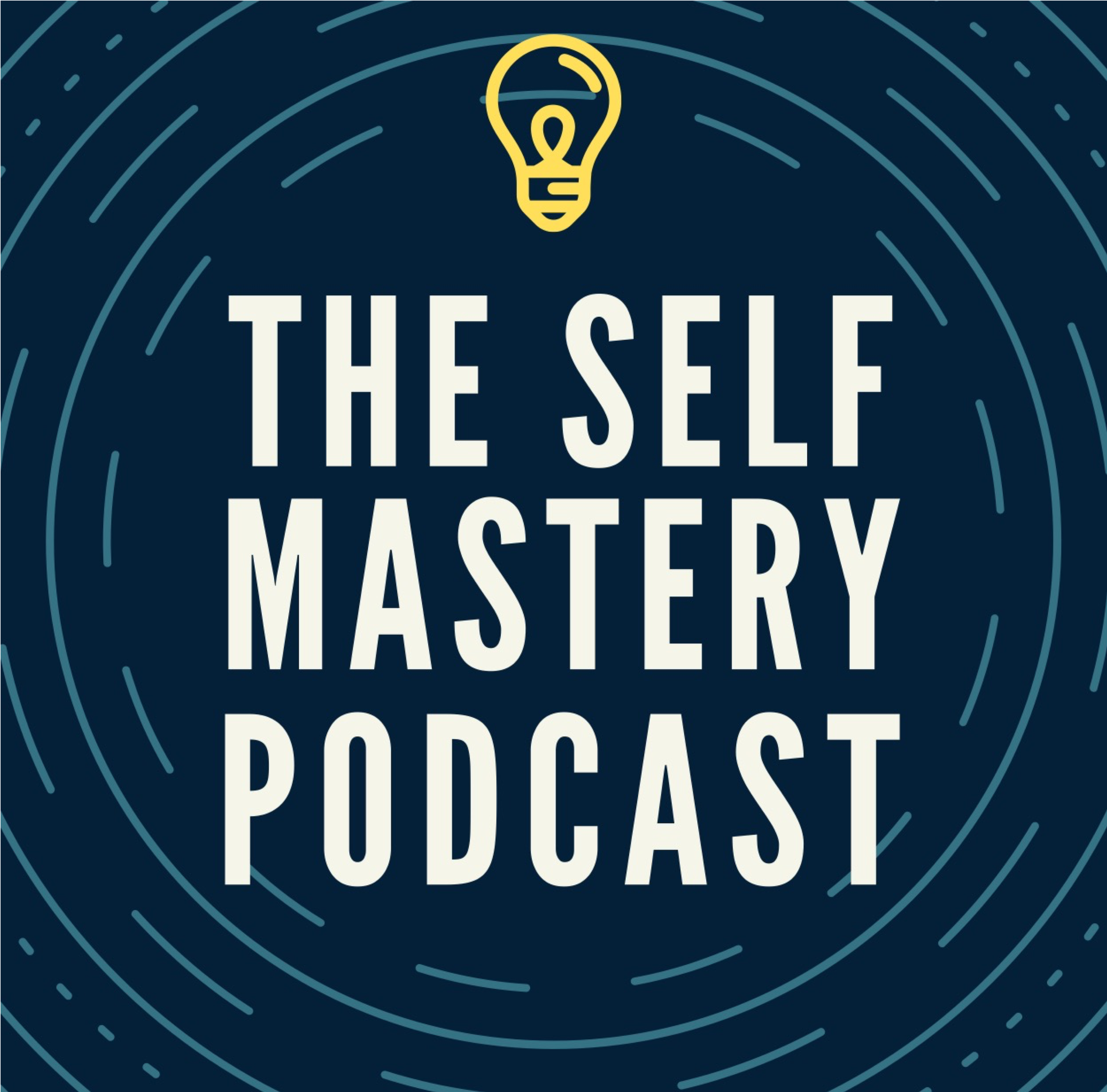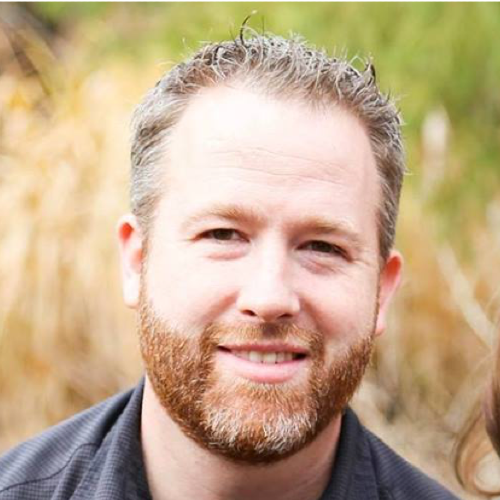Seeing Clearly: How Radical Self-Honesty Sets You Free
Thrive Beyond Pornography is about real change. Overcoming pornography was the hardest challenge of my life and marriage. It shattered my confidence, tainted my most important experiences, and felt impossible to escape.
But I did.
This podcast—and the resources at GetToThrive.com—will help you understand the struggle, break free from pornography, and build a thriving life with your spouse.
At some point, I stepped away from 12-step meetings and counselors. I stopped looking for outside solutions and started figuring out my own mind. That shift changed everything. Here, I share those lessons with you. You’ll get the tools, principles, and mindset shifts you need to reclaim control—starting today.
Whether you're struggling with unwanted pornography use, supporting a spouse, or just feeling stuck, this podcast will help you move forward. You’ll hear real conversations with my spouse, experts in human sexuality, and former users who have broken free.
Thrive Beyond Pornography brings a fresh perspective to your journey, helping you change the way you think—and, ultimately, the way you live.
Transcript
### **Episode 288: Embracing Discomfort to Break Pornography Habits**
**Zach Spafford:** [:Today, we're diving deeper. As you might have noticed, the closer you observe yourself, the more **uncomfortable** it can get. Seeing ourselves clearly—without filters or excuses—can stir up a lot of discomfort. For many, this discomfort is a huge obstacle to consistent self-observation. That's why this episode is all about understanding why discomfort is actually a **good sign**. It shows you're moving in the right direction. We'll also discuss how to lean into this discomfort without getting overwhelmed and how to combine **radical self-honesty** with **self-compassion** to avoid feeling stuck or ashamed.
So let's dive in.
### **Facing Uncomfortable Truths to Overcome Pornography Addiction**
Last week, we highlighted the power of self-observation but didn't touch much on handling the **uncomfortable truths** that come up. That's what we're tackling today. Remember episode 123, where we discussed the **Chinese finger trap**? The harder you pull away, the tighter it grips. The way to escape is to lean in—to push your fingers together first, which then loosens the trap. Our minds work similarly. The more we try to pull away from uncomfortable truths—by avoiding, distracting, or numbing out on our phones—the more **stuck** we feel over the long run.
When we lean into discomfort—when we're willing to face what we find without turning away—we start to loosen the trap and get **unstuck**.
### **Leaning In with Self-Compassion**
Leaning in might mean admitting that you've been using pornography not just as a habit but as a way to **cope with loneliness or stress**. Or it might mean recognizing that some of the blame you've been placing on others—including your partner—has more to do with your own fears or insecurities.
The next step after observation is to **see the truth** without rushing to fix it, make excuses, or **beat yourself up** about it. This is where **self-compassion** plays a crucial role.
If last week's practice of self-observation felt uncomfortable, you're not alone. That discomfort is part of the process. The key to making it bearable is self-compassion. **Self-honesty without self-compassion** is just self-criticism. The goal isn't to see your flaws and punish yourself. The goal is to see your flaws and meet them with **kindness**.
Self-compassion means recognizing that you're **human**, that you're doing your best with the tools you have, and that making mistakes doesn't make you unworthy or a terrible person. It’s about **talking to yourself** like you would to a friend—understanding, encouraging, and letting go of judgment.
### **Does Self-Judgment Help?**
Here's a simple question: **Has judging yourself and beating yourself up helped you so far?** The answer, almost always, is **no**. Research shows that people who practice self-compassion are more likely to take **responsibility for their actions** and make positive changes. Why? Because they're not wasting energy **defending themselves against shame**.
The next time you catch yourself thinking, "Wow, I can't believe I did that again," try adding a simple phrase like, "**And that's okay. I'm learning. I'm allowed to make mistakes while I figure this out.**" It sounds small, but it makes a big difference in your willingness to **keep going** and see yourself clearly.
### **The NAB Method: A Path to Self-Acceptance**
Let me share a story about a client—let's call him Mike. Mike struggled with **pornography addiction** for years and tried everything from internet filters to sheer willpower—nothing worked. When we started working together, I introduced Mike to the **NAB method**:
- **Notice:** Recognize your feelings.
- **Name:** Identify what you're feeling.
- **Allow:** Let the feelings exist without resistance.
- **Ask:** Explore why you're feeling this way.
- **Breathe:** Calm yourself through mindful breathing.
- **Be Kind:** Respond to yourself with compassion.
Mike felt awkward at first, but over time, this combination of **honesty and kindness** helped him lean into discomfort instead of running away. He realized that the real issue wasn't the urge itself but the **underlying emotions** he was avoiding. As he faced these emotions with compassion, the **urges lost their power**—they didn’t disappear entirely but became less overwhelming, more like a ripple than a tidal wave.
### **Your Challenge for This Week**
Here's a challenge for you this week: pick **one area** of your life—just one—where you've been avoiding the truth. It might be your habit of turning to your phone every time you feel stressed or how you tend to **blame your partner** when things go wrong. For the next **seven days**, practice **radical self-honesty** in that area. Notice what's really going on—without sugarcoating it but also without judging yourself.
When discomfort shows up—and it will—practice leaning in with **self-compassion**. If you need a script, try something like: "**I'm noticing that I feel really guilty about this, and that's okay. I'm learning how to face this honestly without beating myself up.**"
The goal isn’t to **fix everything in a week**—it's to see what happens when you stop pulling away and start **leaning in**.
If you're ready for a bigger challenge, consider asking your partner, "**What's something I do that makes me less attractive or desirable to you?**" This feedback can open a window into how others see you and help you grow—just be sure to **listen without defending yourself**.
If you need help doing this, feel free to set up a call with me at [**GetToThrive.com/workwithzach**](http://GetToThrive.com/workwithzach). I'd love to help you get to the next level in your journey to **thrive beyond pornography**.
That's it for today's episode. If you found this helpful, make sure you **subscribe** and **leave a review**. Your feedback helps us reach more people who need this message. Thanks for listening, and remember—**lean in** this week. You've got this. I'll talk to you next week.




